Young Persons e-Pack
Creating chances, choices & opportunities for people
to live the best lives they can.
Call: 01772 732313
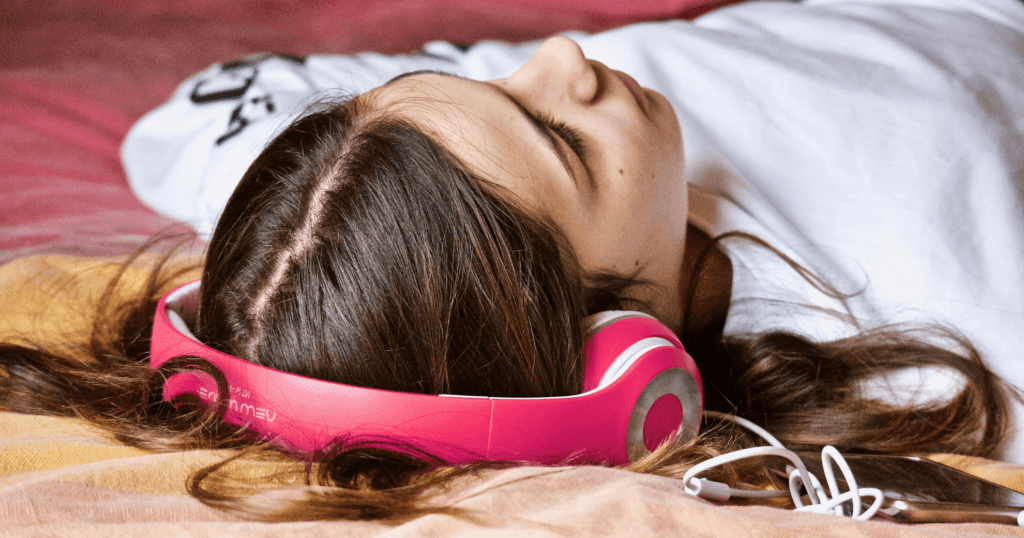
Compiled by Caroline Cronshaw
Introduction
Starting secondary school can be daunting! Moving up from primary to secondary school is a huge change in your life. Starting secondary school can raise issues which you might have already experienced at primary school but you might also face some new issues which come with adolescence and finding out about yourself
This pack has been put together to help you with some of the challenges young people face in secondary school with some advice and links to services and websites where you can find further help and support if you need it.
The main point to take away is to talk to your parents and other adults you trust if you have any worries.
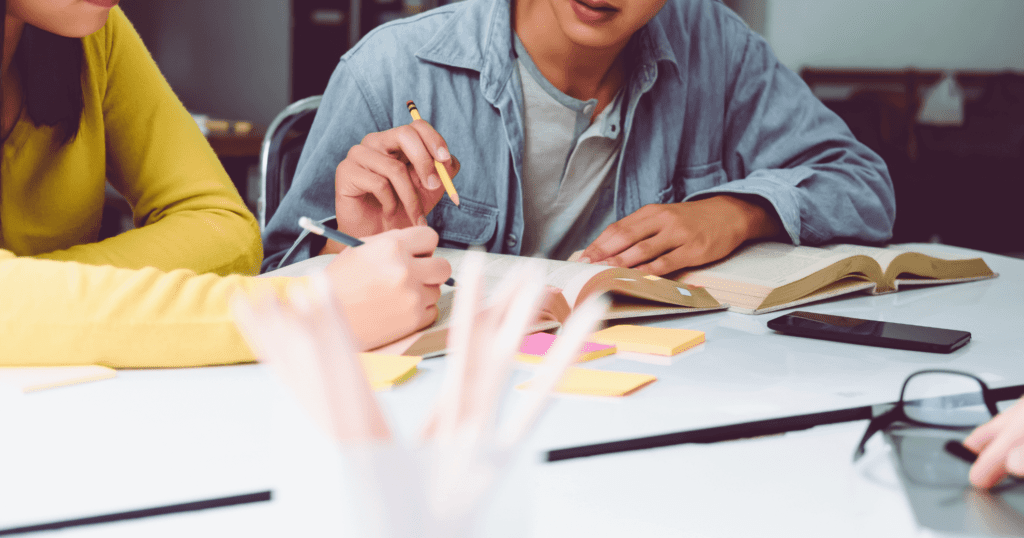
Starting at Secondary School
Things to think about:
- Rehearse new things – there will be many new things you need to do and you won’t be able to plan for them all but you can plan for the practical things like ordering your school dinner and paying for items in advance. Also planning the route to school and having back up plans of what to do if something goes wrong. For instance if you forget your bus pass to always having some spare money just for emergencies.
- Practice meeting new people – have some questions you can ask people to get to know them better, “which primary school did you go to? Or “do you know anybody here?”
- Virtual transition – look at the school website and especially the school layout, pictures of staff, and the school day.
- Join things – see what clubs the school runs and think about what other activities you like to do.
- Know who to ask for help – if you are worried about something, tell your form teacher or Head of Year.
- Be Positive – remember what you are good at and how you have succeeded in other transitions in your life.

Friendships
Whether you have started secondary school with people from primary school or not, you will meet lots of other young people and make new friendships. Making friends can sometimes feel hard. The Children’s Society conducted a study looking into young people’s well-being called The Good Childhood Report. Each year they consult with young people to get their views on life and how best to support them. The reports have found that since 2015 young people have become less and less satisfied with their friendships, so why is this and what is the best advice?
Friendships are complicated and unique to each person, which makes it hard to navigate through making, maintaining and developing friendships. There is no magic formula when it comes to helping young people deal with friendships but the following may help you:
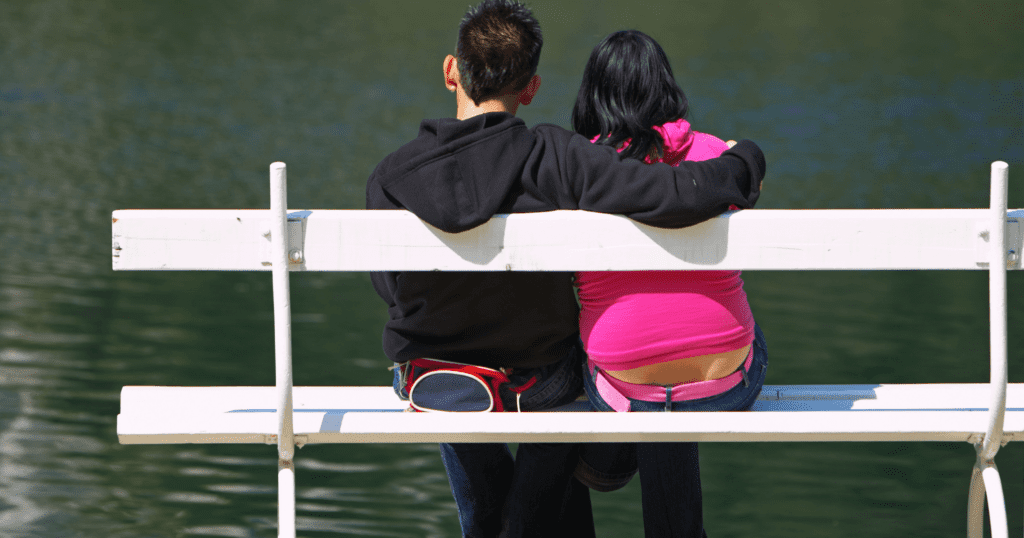
Relationships
You will have already experienced many different relationships with different people throughout your life. You will have picked up some skills to manage relationships and to have an idea what a good relationship and a bad relationship might look like. At secondary school young people are trying to find their own identities and how they fit into the world, you see older children in ‘relationships’ and may want to start experiencing this for yourself.
Romantic relationships are a normal part of growing up. There will be many “ups and downs” in a relationship and this is normal but what is and isn’t a ‘normal’ relationship? There is no right or wrong answer to what makes a good relationship, as this is different for every couple but the one thing that is the same for everyone is that a relationship with someone else should make you happy!
What is a healthy relationship?
- Trust – Trust is a big part of any relationship, understanding and knowing that the other person won’t hurt you or betray you. It’s important to be able to trust the other person otherwise the relationship won’t be healthy and won’t last.
- Respect – it’s important for people to like each other for who they are. People in a relationship need to listen and take on board what each other has to say. It’s especially important to understand that if someone says they don’t want to do something, that is respected. Being in a respectful relationship means the other person values who you are and understands you without wanting to try to change you in anyway.
- Honesty – you need to have honesty if you’re going to trust someone so the two work well together. Being honest with each other helps you know where you both stand.
- Communication – you should be able to talk to your partner openly and honestly about your thoughts, feelings and views. They don’t have to agree with you, but talking is important to get to know the other person better. Don’t bottle things up if you’re worried about how your partner will take it, remember honesty and trust!
- Being you – no matter how much two people have in common it’s important to remember we are individuals with our own identities. Being in a relationship doesn’t mean you have to like the same things or do the same things, it’s much healthier to bring differences into the relationship. You should be able to continue doing everything you enjoyed doing before the relationship started and continue to try new things, go to new places and make new friends.
- Give and take – both people in a relationship should take it in turns to make decisions and do things the other enjoys. Things should feel equal between you.
Support – you need your partner to be able to support you through the good and bad times.
What is an unhealthy relationship?
It’s not as simple as saying an unhealthy relationship has everything a healthy relationship doesn’t as characteristics of an unhealthy relationship may not be as obvious and what might start off as a healthy relationship can soon change.
Relationships are not always easy and have their “ups and downs” but this is ‘normal’ – a bad relationship or an unhealthy relationship lacks any of the qualities mentioned above. The following things indicate an unhealthy relationship:
- Being mean – when your partner says mean things or does mean things then this is not healthy. They may say they’re just joking or messing about but this is bullying and horrible for any relationship.
- Being disrespectful – if a partner does things without asking or makes the other person do things they don’t want to do. Someone who is not listening or valuing the other person’s thoughts and feelings is not a good partner.
- Being controlling – someone who stops someone from seeing their friends or doing things they like to do – who wants you to just be with them and do the things they want to do – this is controlling behaviour.
- Being abusive – if physical violence is ever used against another person, or someone shouts at someone, if someone tries to make someone do things they really don’t want to do or is nasty and makes them feel bad about themselves, these are all ways a partner can be abusive. This is NOT normal behaviour and no one should have to put up with it.
Warning Signs
If you are in a romantic relationship, ask yourself the following questions about your partner, that that way you may be able to identify the triggers or signs that a relationship is unhealthy:
- Do they get angry when I don’t drop everything for them?
- Do they criticise the way I look or dress, and tell me I’ll never be able to find anyone else who would go out with me?
- Do they keep me from seeing friends or from talking to other guys or girls?
- Do they want me to quit an activity, even though I love it?
- Do they ever raise a hand when angry, like they are about to hit me?
- Do they try to force me to go further sexually than I want to?
If anyone is doing anything which makes you uncomfortable or is making you do anything you don’t want to do, then you need to end the relationship. Talk to someone you trust who can help you get out of the relationship and feel safe.

Sexual Identity
Sexual identity is how a person relates to themselves regarding their sexuality. There are many diverse sexual identities and the language and definitions can be confusing, here are a few:
- Heterosexual (straight) – someone who is mostly romantically/sexually attracted to people of the opposite gender
- Lesbian (Gay) – a female who is mostly attracted romantically/sexually to people of the same gender
- Gay – a person who is largely attracted to someone of the same gender but mostly used in reference to a male who is mostly attracted romantically/sexually to males
- Bisexual (Bi) – someone who is sexually attracted to people of more than one gender
- Transgender – someone who doesn’t identify with the gender identity they were born with
- Queer – used to be seen as a derogatory term but can be used to describe people within the LGBT+ community. It is also used as its own identity for people who want to reject the specific labels of gender and sexual identity.
When used in the acronym LGBTQ+ the ‘Q’ can also mean ‘questioning’
- + – is used to be more inclusive of those identities outside of the acronym LGBT+
- ‘Coming out’ – describes a person who shares with others their sexual identity. ‘Coming out’ is not just a onetime event, for LGBT+ it can be ongoing as they meet new people and are involved in new situations.
There are many more definitions, an extensive list has been published by Brook which can be found here.
LGBT+ and Faith
Many faith communities now openly welcome people from all backgrounds but there are still a few within the community who struggle with the idea of LGBT+ people being part of their communities.
Many faith communities now openly welcome people from all backgrounds but there are still a few within the community who struggle with the idea of LGBT+ people being part of their communities.
Take your time – you may have a lot of questions about your faith and how it supports LGBT+ and you don’t have to find the answers straight away.
Recurring themes within many faiths are love, kindness, healing and devotion – remember these when navigating through this.
Find support – seek out support for yourself, talk to others or look at the resources available.
Find supportive groups – there are many supportive groups within different denominations or religions, a list can be found here.
Use your faith – if a particular practice within your faith has helped you through before then use it now. For example, prayer can help you guide your actions better than written rules or expectations.
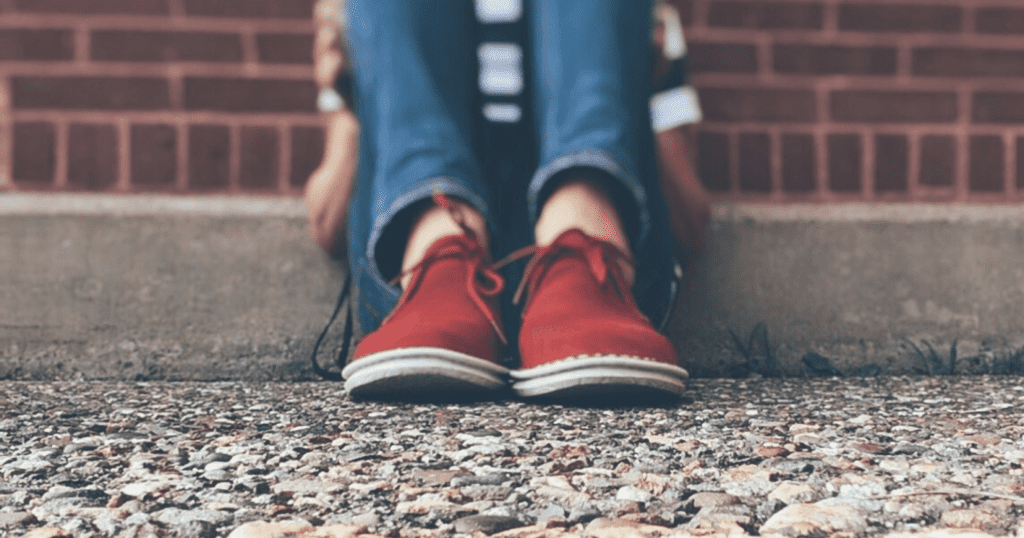
Bullying
What is bullying?
Bullying can take many forms, physical, verbal, emotional, sexual, and prejudicial and cyber bullying which we will discuss in the next section. Research has shown that bullying comes from a place of power and control; the bully uses a person’s differences against them and anyone can become a bully or be bullied. Being adopted can be seen as a vulnerability by bullies and a way they can be hurtful to their victim. There is no legal definition about what bullying is but the Anti-Bullying Alliance defines it as:
“The repetitive, intentional hurting of one person or group to another person or group, where the relationship involves imbalance of power. Bullying can be physical, verbal or psychological. It can happen face to face or through cyberspace”.
School Responsibilities
Every school, whether maintained or an academy, needs to have some form of policy or guidance about bullying. Each school will have their own process of who to contact initially. Start with your form tutor, head of year, or a teacher you like or trust.
Every school has a duty of care to their students and a responsibility to keep them safe.
https://www.kidscape.org.uk/media/134290/top-tips-for-children_final.pdf
https://www.anti-bullyingalliance.org.uk/tools-information/if-youre-being-bullied/i-am-being-bullied
https://bulliesout.com/need-support/young-people/are-you-being-bullied/
https://www.nspcc.org.uk/what-is-child-abuse/types-of-abuse/bullying-and-cyberbullying/
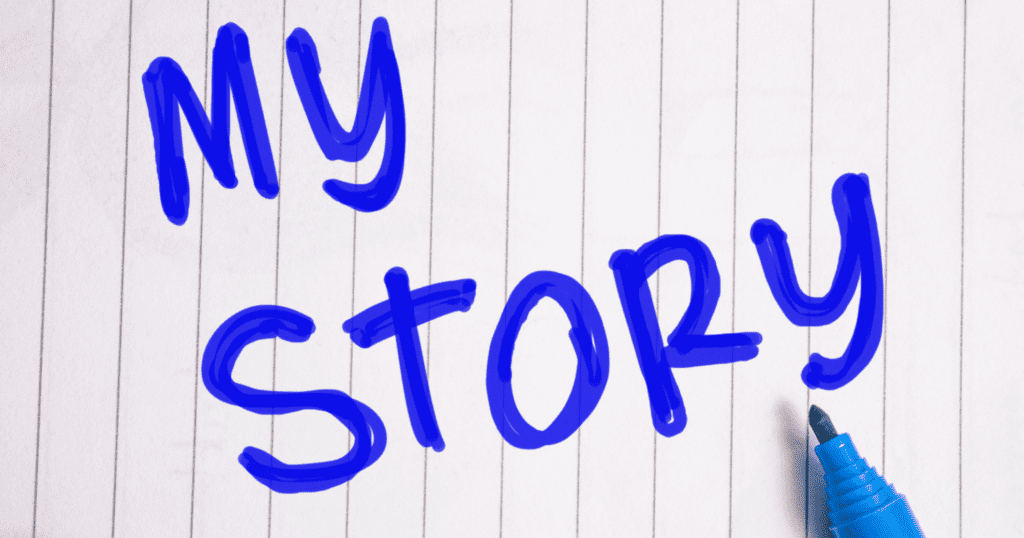
Life Story
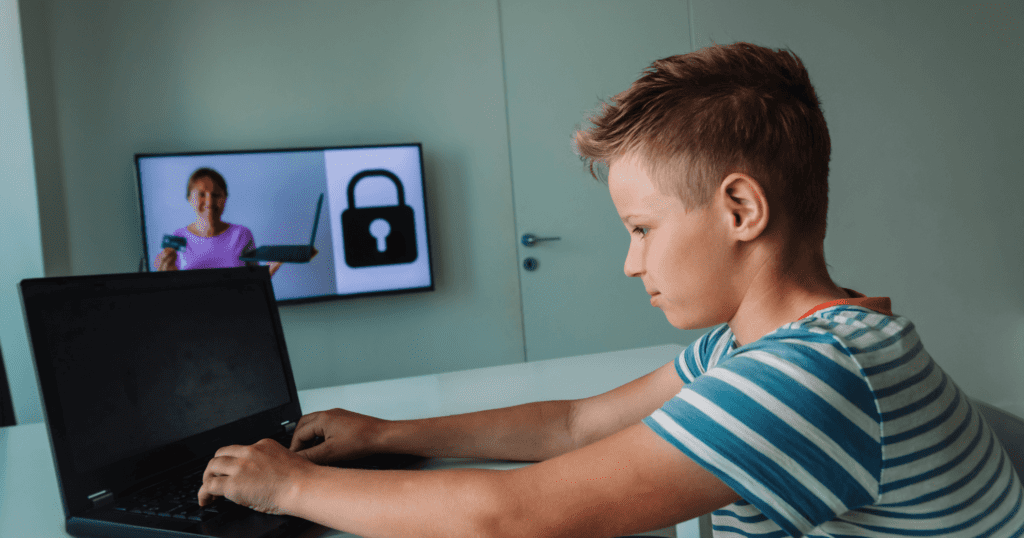
Keeping safe online
There is no getting away from the digital world in which we live and the threats this can pose, especially to vulnerable and young people.
The NSPCC has a great section about keeping safe online which includes cyber bullying, sexting and how to keep yourself safe. Or you can also check out Safer Internet which has lots of useful tips on how you can use the internet safely, responsibly and positively.
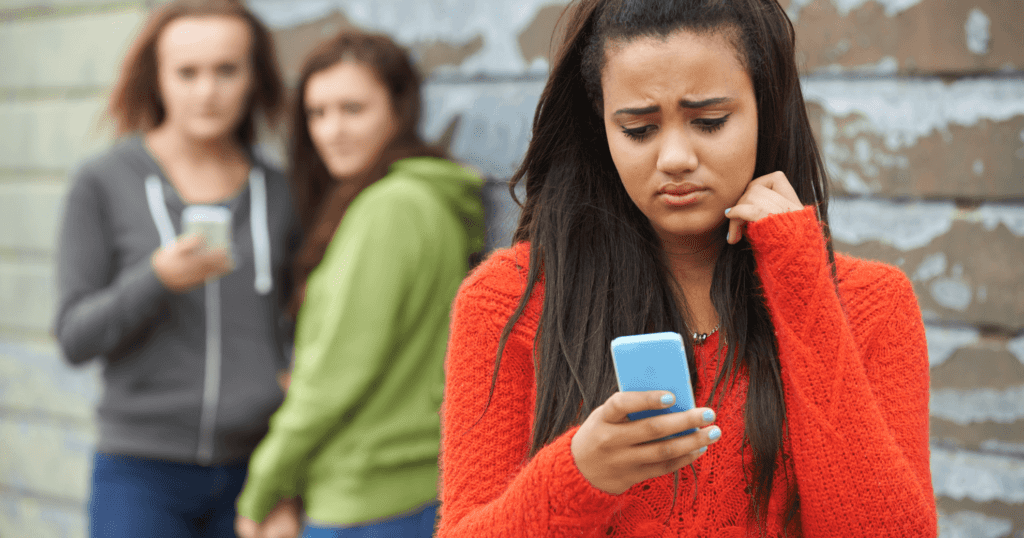
Cyberbullying/Online Bullying
What is it?
Any form of bullying through the use of electronic media devices, such as phones, tablets, laptops or gaming consoles. There is a strong relation between online bullying and face to face bullying, it is normally someone who the child knows in other areas of their life, for example school. The nature of cyber bullying means it is not confined to one area of the child’s life but can be everywhere and every day, there is no getting away from it.
Types of cyberbullying
There are many different types of cyberbullying which can be found on the NSPCC website but here are just a few:
- Sending threatening or abusive text messages
- Creating and sharing embarrassing videos/images on social media, gaming platforms
- Creating fake accounts in another person’s name, hijacking someone’s account
- Sexting (sending explicit messages)
The impact of cyberbullying is the same as any bullying. If this is happening to you, talk to your parents, another family member, a teacher or someone else you trust. You can also contact places like Childline or the NSPCC who have counsellors and support workers on hand. You might feel embarrassed, ashamed or scared so sometimes speaking to someone who you don’t see every day or have a strong emotional connection to can be easier. Remember, it’s not your fault and there are people who love you and who will help with whatever is going on.

Sexting
What is it?
Sexting is when someone sends a sexual explicit message, a nude picture of themselves or somebody else via text, video or message on a phone, laptop, tablet or gaming device.
Why do this?
We live in a world where it is ‘normal’ to share our lives on social media. You might be in a comfortable trusting relationship and feel there is no risk of sending intimate pictures to your boyfriend or girlfriend and see this as a normal part of their relationship. Others reasons could be:
- Being coerced and forced
- To make you feel good about yourself
- To try and get someone to go out with you
Risks
Research into sexting has found that 40% of young people don’t see anything wrong in sending explicit images or sexting as they don’t see the consequences of what can happen to those images therefore, they are not affected by sending them so continue to do so. Unfortunately, it only takes one brief moment accidently or on purpose for those images to be shared on other media platforms and this can leave the sender vulnerable and humiliated and the sharer being involved in illegal activity. Once they post something, it is out in the digital world for others to see, share and copy and that risk is there forever.
Remember
- Once an image is out there you have no control over what happens to it, this may mean the image can be shared at any time, even in years to come when you have a job, family, and friends.
- If you receive an explicit image from someone you know, tell them they need to delete it straight away. If they share that image, they could be prosecuted for sending indecent images of children.
- If you receive images from someone you don’t know, contact the police straight away
- The consequences of sending and receiving these images can have much higher consequences which can affect you for the rest of your life.
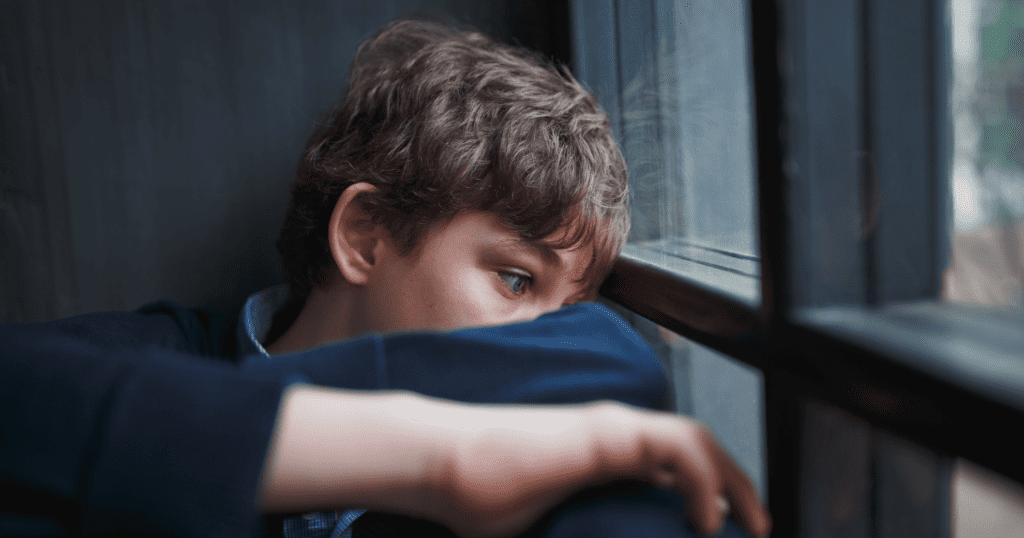
Online Child sexual abuse and exploitation
What is it?
The child exploitation and online protection website (CEOP) explains the difference between abuse and exploitation.
Online child sex abuse – “involves forcing or enticing a child to take part in sexual activity, whether or not the child is aware of what is happening. This may include activities such as involving children in looking at, or in the production of, sexual images, watching sexual activities, encouraging children to behave in sexually inappropriate ways or grooming a child in preparation for abuse.”
Online child exploitation – “is a form of child sex abuse. It occurs where an individual or group takes advantage of an imbalance of power to coerce, manipulate or deceive a child or young person under the age of 18 into sexual activity (a) in exchange for something the victim needs or wants, and/or (b) the financial advantage or increased status of the perpetrator or facilitator. The victim may have been sexually exploited even if the activity appears consensual.
Online child abuse and exploitation can take many forms and include:
- Online Grooming – When somebody befriends and develops a relationship with a child for the purpose of abuse or exploitation. It can start very innocently as the perpetrator tries to gain the child’s trust and can escalate quickly. This can be done through social media, messaging and live streaming.
- Live Streaming – offenders get victims to watch or commit sexual acts via a webcam. Offenders also stream live abuse or images of children with other offenders.
- Online coercion and blackmail – coercing or blackmailing a child through technology for sexual, financial or personal gain by using images and videos of that child against them
- Possession, production and sharing of prohibited images – using online platform to view and store indecent images of children
- Indecent images of children (IOCC) – indecent images of a child, parts of a child or images depicting a child either engaging in sexual activity, sexual posing or actions.
- Prohibited images of children – images created through CGI or cartoons depicting a child involved in a sexual act or watching a sexual act or pictures focused on a child’s genitals
If you think you are being groomed or exploited online, contact the police and CEOP. You can report to CEOP here. CEOP also has an education website called ‘Think u Know’ which has loads of information about keeping safe online. It also has areas for different aged children with games and interactive activities to help children learn about how to keep themselves safe.
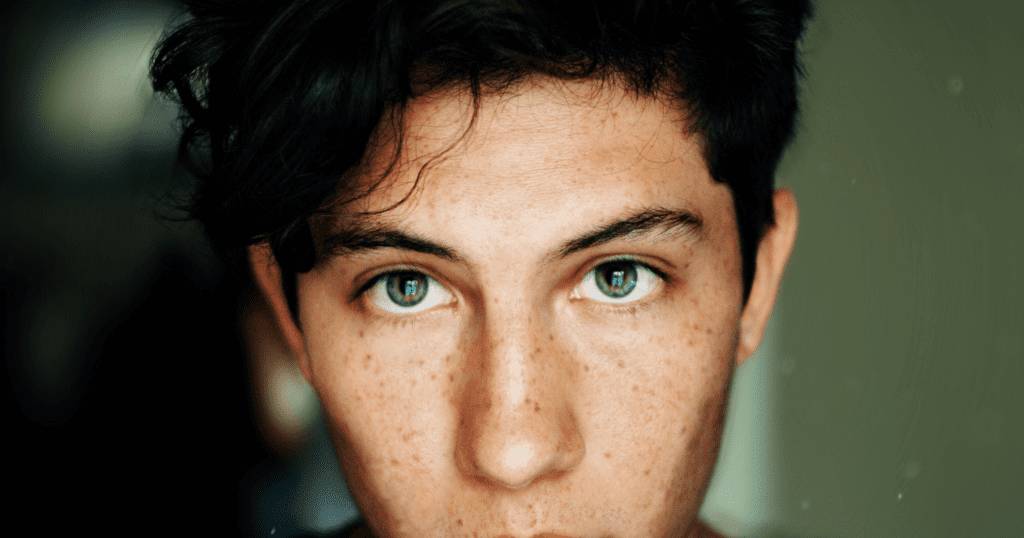
Mental Health
Mental health relates to how we think, feel and act. We need to take care of it, just like we do with our physical health. Our mental health is on a spectrum and can change for many reasons. Sometimes you may feel positive, act calmly and feel confident – these are signs of good mental health. Other times you may find you are struggling to cope, not find enjoyment in things, feel sad or angry for long than usual or not feel in control over how you feel or behave. These are signs of poor mental health.To learn more about mental health, check out the links below:
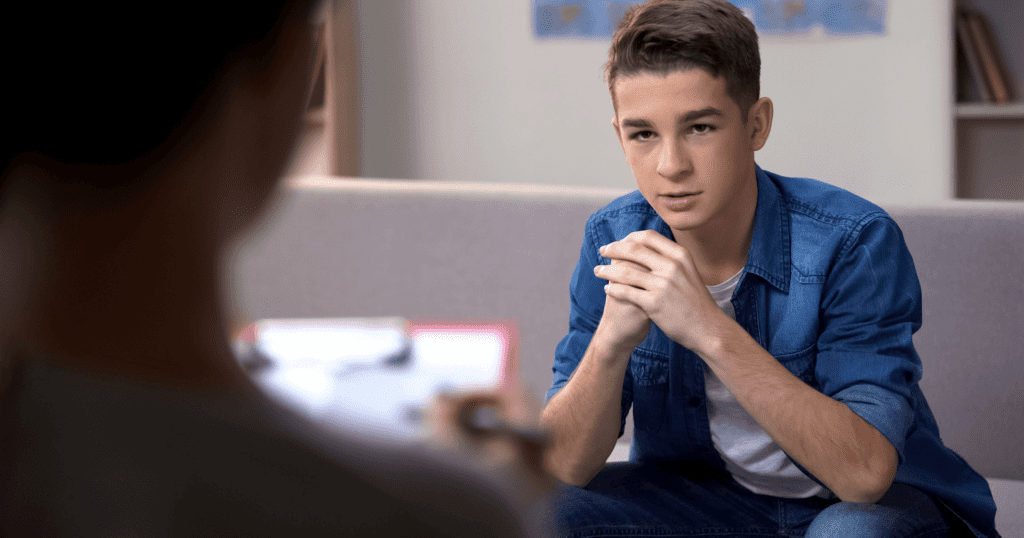
Anxiety
Everyone at some point in their lives experiences feeling anxious, whether it’s an interview, exam or trying something new. Anxiety is a normal emotion and can actually help us perform under pressure when it is short lived. Problems arise when the anxiety is long term and starts to affect other areas of your life. Anxiety is reported to be one of the most common disorders in both children and adults (Stem4).
Signs of Anxiety
There can be many different signs of anxiety affecting us physically, motivating our behaviours and controlling our thoughts and emotions.
Physical Signs
- Heart racing
- Changes in breathing, can become faster or slower or more erratic
- Feeling sick/dizzy
- Shaking
Behaviours
- Avoiding situations
- Agitated
- Being snappy, argumentative, angry more easily
- Not eating or eating excessively
Thoughts
- Racing thoughts, lots going on in their mind
- Overthinking
- More negative thoughts
- Problems concentrating
Emotions
- Feeling frightened or panicky
- Feeling out of control
- Becoming easily emotional, angry, upset
- Other people having a greater effect on them
What helps?
- Learn to recognise the signs of anxiety
- Talk to someone you trust
- Try to figure out what is causing your anxiety
- Practice some strategies to help reduce the anxiety, for example breathing exercises. Stem4s free app ‘Clear Fear’ and ‘Combined Minds’ are really useful tools with lots of strategies to help manage anxiety.
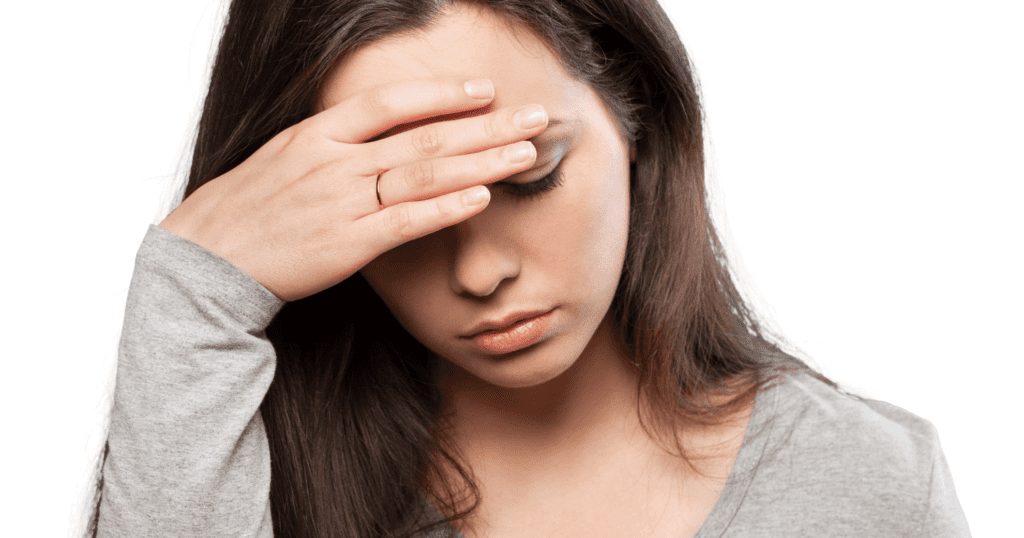
Depression
Children and adults have days when they feel demotivated and a bit low and these can be normal responses to stresses in our lives. However, the problems start when these low feelings continue and there doesn’t seem to be any change. Clinical depression effects five in every 100 teenagers where treatment is needed.
Signs of depression – depression changes the way a person thinks, feels and behaves:
Changes in Behaviours
- No motivation to do anything
- Not engaging in activities you usually enjoy
- Staying in your room
- Engaging in reckless behaviours, smoking, drinking and drug taking. Going out at all hours, staying out and not coming home
- Behaviour at school getting worse, more detentions or academically not doing well.
Changes in thoughts
- Negative thoughts about self and life and the future
- Having a sense of failure and not being good enough, highly sensitive
- Blaming self for everything and lots of guilty feelings
Changes in feelings
- Crying a lot
- Emotional outbursts
- Anger
- Irritability
- Nothing seems to be right
Physical changes
- Change in appetite
- Pale complexion
- Lots of illnesses/ pain but no obvious cause
- Constant tiredness/ changes in sleep
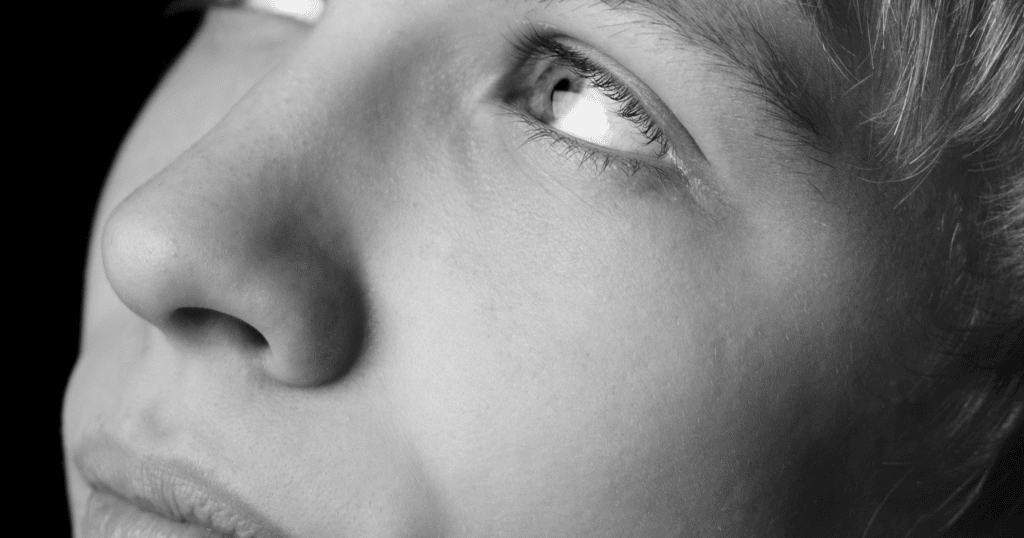
Self-Harm
Self-harm is when you cause yourself physical injury to deal with emotional pain. This can lead to a feeling of a short term release after, however it does not deal with the cause of your distress and can in the long term make you feel worse. It is important to know that self-harm does carry many risks and it can take a long time to stop depending on this coping mechanism.
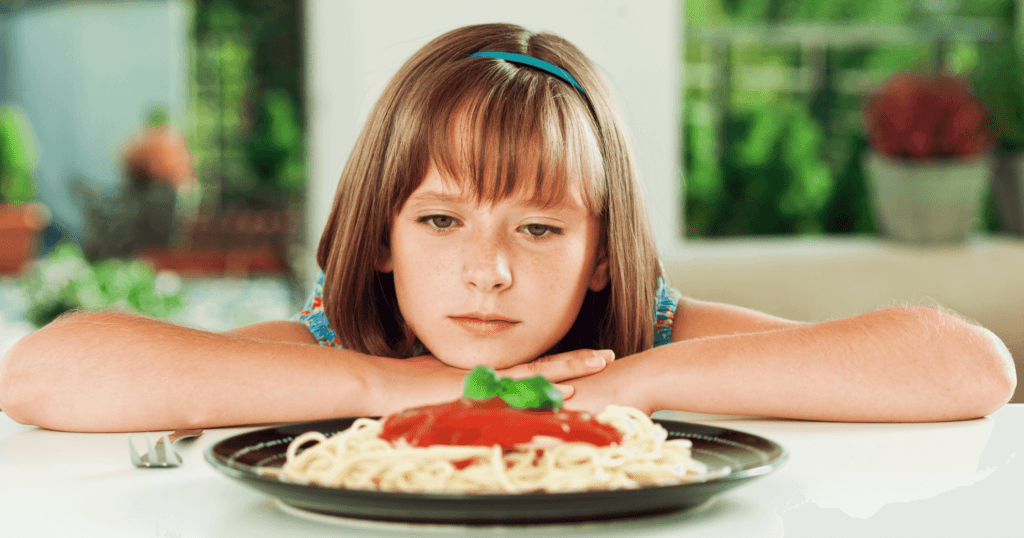
Eating Disorders
With the media heavily influencing young people in to how to look, act and what to buy, the pressure to become the ‘perfect person’ can become obsessive. Here are many different ways young people evaluate their self-worth and people with eating disorders do this through their weight, body shape and how they control these. Having an eating disorder involves a change in eating habits and weight control behaviours, which affects a person physiologically, psychologically and socially.
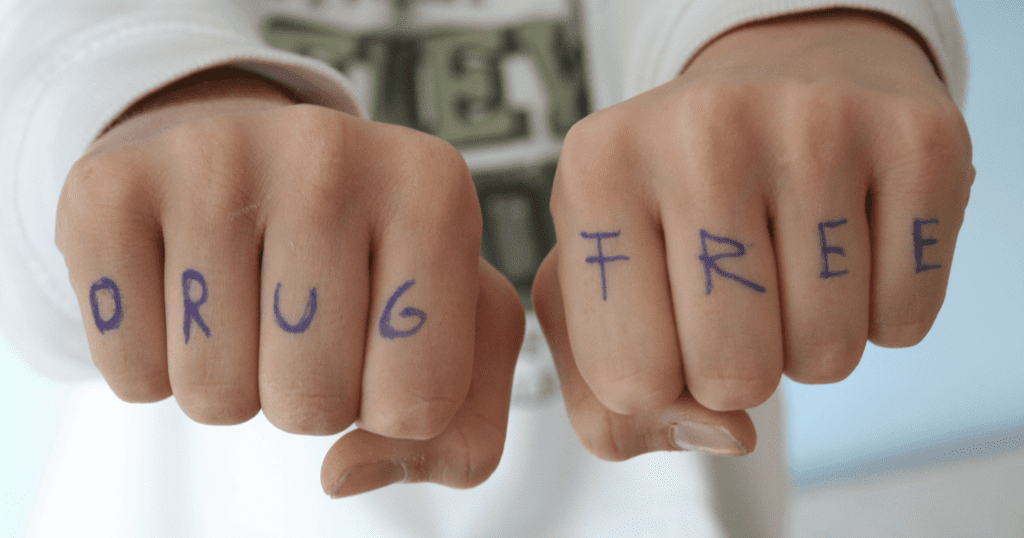
Drug
A drug is any chemical you put in your body – i.e. pills, liquids or powders – that change the way you think, feel and act; including alcohol. Some drugs are legal i.e. painkillers. However recreational drugs are illegal and are what people take for fun, not for medical reasons. Some reasons people take them include:
- They want to fit in
- Peer Pressure
- To appear popular
- Are curious about what it feels like
- To help with their confidence
- To deal with difficult feelings
Taking drugs and drinking alcohol doesn’t make you a bad person, but laws are in place as these substances can have a negative effect on your mind and body. To learn more about alcohol and recreational drugs, you can visit the links below.
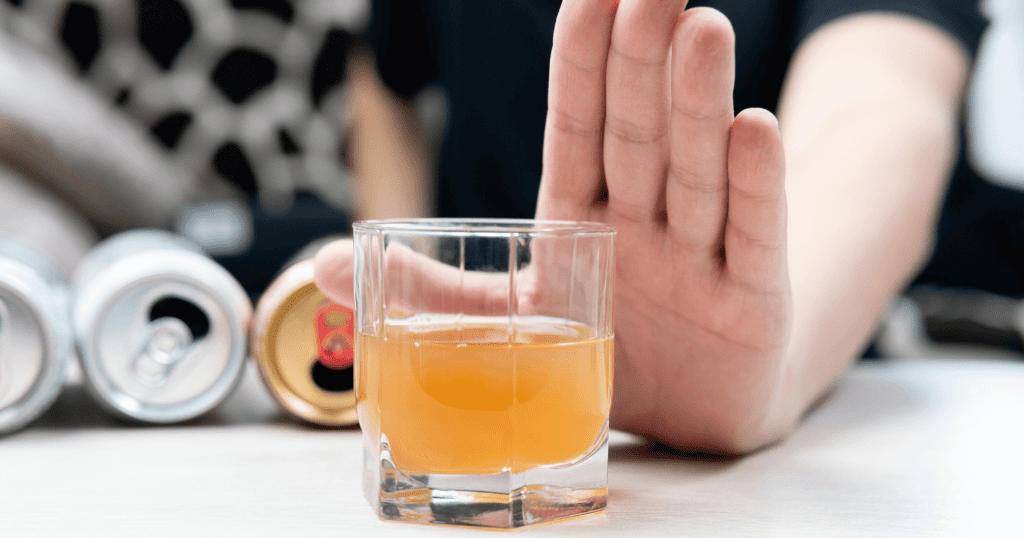
Alcohol
he risks of underage drinking are high. Short term risks include making poor decisions, being less aware of dangers around you and alcohol poisoning. Research suggests that long term risks from drinking during the teen years could interfere with your brain development and increase the risk of developing an alcohol dependency later in life.
References
We hope you have found this e-Pack useful and informative, please remember that you can contact the Therapeutic Interventions Team for support with any of the issues mentioned. We also run regular support groups, training and workshops, details can be found in our newsletters.
References and Further Reading
Action for Children, 2021, Children and Families, https://www.actionforchildren.org.uk/our-work-and-impact/children-and-families/?gclid=EAIaIQobChMI_euA2Y-48gIV04BQBh3SjAbhEAAYAiAAEgLpHvD_BwE
Adoption UK, 2021, Transition from Primary to Secondary School, https://www.adoptionuk.org/blog/transition-from-primary-to-secondary-school
Anna Freud National Centre for Children and Families, 2021, Advice for Parents & Carers: Talking Mental Health with Young People at Secondary School, https://www.annafreud.org/resources/schools-and-colleges/advice-for-parents-and-carers-talking-mental-health-with-young-people-at-secondary-school/
Anti-Bullying Alliance, 2021, Advice for Parents, https://anti-bullyingalliance.org.uk/tools-information/advice-and-support/advice-parents
Anti-Bullying Alliance, 2021, United Against Bullying, https://anti-bullyingalliance.org.uk/
Brook, 2021, Healthy Lives for Young People, https://www.brook.org.uk/
Brook, 2021, Sexuality: A few definitions, https://www.brook.org.uk/your-life/sexuality-a-few-definitions/?gclid=EAIaIQobChMI_OOo556V8gIViZ7tCh08mwEGEAAYAiAAEgK3evD_BwE
Stomp Out Bullying, What to do if your Child is a Bully, https://www.stompoutbullying.org/what-do-if-your-child-bully
CEOP, 2021, Make a Report, https://www.ceop.police.uk/Safety-Centre/
Connect Safely, 2021, The Parents Guide to Cyberbullying, https://www.connectsafely.org/cyberbullying/
Cuberbullying Research Centre, 2021, Cyberbullying: Identification, Prevention & Response, https://cyberbullying.org/Cyberbullying-Identification-Prevention-Response-2021.pdf
Drink Aware, 2021, Underage Drinking, https://www.drinkaware.co.uk/advice/underage-drinking?gclid=EAIaIQobChMIifWp5rr-8gIVz-5RCh3LsQOUEAAYBCAAEgIhI_D_BwE
Department for Education, 2019, Understanding Relationships, Sex and Health Education at your Child’s Secondary School: a guide for parents, https://assets.publishing.service.gov.uk/government/uploads/system/uploads/attachment_data/file/907640/RSE_secondary_schools_guide_for_parents.pdf
Family Lives, 2021, A-Z Guide to Common Drugs, https://www.familylives.org.uk/advice/teenagers/drugs-alcohol/a-z-guide-to-common-drugs/
Talk To Frank,Where to get help from, https://www.talktofrank.com/get-help/concerned-about-a-child
FRANK,2021,A Parent’s Guide to Drugs and Alcohol , https://www.drugsandalcohol.ie/18170/1/A_Parent%E2%80%99s_Guide_to_Drugs_and_Alcohol.pdf
Family Lives, Self Harm, https://www.familylives.org.uk/advice/teenagers/health-wellbeing/self-harm/
Family Lives, 2021, Underage Drinking, https://www.familylives.org.uk/advice/teenagers/drugs-alcohol/underage-drinking/
Family Lives, 2021, We build better family lives together, https://www.familylives.org.uk/
Help Guide, 2021, Parents Guide to Teen Depression, https://www.helpguide.org/articles/depression/parents-guide-to-teen-depression.htm
Internet Matters, 2021, Helping Parents Keep their Children Safe Online, https://www.internetmatters.org/?gclid=EAIaIQobChMItoL25_m38gIViaztCh31Qw6PEAAYASAAEgJdyPD_BwE
Internet Matters, Learn about sexting, https://www.internetmatters.org/issues/sexting/learn-about-sexting/?gclid=EAIaIQobChMImOWAtY648gIVjrrtCh1XyA75EAAYAyAAEgLDIfD_BwE
Internet Watch Foundation, https://talk.iwf.org.uk/
National Bullying Helpline, 2021, Bullying at School – Help and Advice for Parents Dealing with School Bullying, https://www.nationalbullyinghelpline.co.uk/kids.html
National Eating Disorders Association, 2015, Parent Toolkit, https://www.nationaleatingdisorders.org/sites/default/files/Toolkits/ParentToolkit.pdf
Lyndhurst Gyn, Talking to your Teenager About Sex and Relationships, https://www.lyndhurstgyn.com/a-parents-guide-how-to-talk-to-your-teens-about-sex/
NSPCC, 2023, Anti Bullying Resources, https://learning.nspcc.org.uk/research-resources/schools/anti-bullying-resources
NSPCC, 2021, Bullying & Cyberbullying, https://www.nspcc.org.uk/what-is-child-abuse/types-of-abuse/bullying-and-cyberbullying/
NSPCC,2021, Children & Drugs, https://www.nspcc.org.uk/keeping-children-safe/talking-drugs-alcohol/children-and-drugs/
NSPCC, 2021, Depression, Anxiety & Mental Health, https://www.nspcc.org.uk/keeping-children-safe/childrens-mental-health/depression-anxiety-mental-health/
NSPCC, 2021, Keeping Children Safe, https://www.nspcc.org.uk/keeping-children-safe/?gclsrc=aw.ds&&gclid=EAIaIQobChMI-YTfhPq38gIVle7tCh3TVQYgEAAYAiAAEgKtCPD_BwE&gclsrc=aw.ds
NSPCC, 2020, Healthy Relationships, https://www.nspcc.org.uk/keeping-children-safe/sex-relationships/healthy-relationships/
NSPCC, 2021, Online Abuse, https://www.nspcc.org.uk/what-is-child-abuse/types-of-abuse/online-abuse/
NSPCC, 2021, Protecting Children from Bullying and Cyberbullying, https://learning.nspcc.org.uk/child-abuse-and-neglect/bullying
NSPCC, 2021, Self- Harm, https://www.nspcc.org.uk/keeping-children-safe/childrens-mental-health/self-harm/
NSPCC, 2021, Sexting and Sending Nudes, https://www.nspcc.org.uk/keeping-children-safe/online-safety/sexting-sending-nudes/?gclsrc=aw.ds&&gclid=EAIaIQobChMIoJrXiufB8QIVBertCh3Z8QhHEAAYAiAAEgKao_D_BwE&gclsrc=aw.ds
Parent Info From CEOP and Parent Zone , 2020, Bullying: a parent’s guide, https://parentinfo.org/article/bullying-a-parents-guide
Parent Info, 2020, Eating Disorders and the Internet, https://parentinfo.org/article/eating-disorders-and-the-internet
Health Central, How to Build Resilience in Children: Strategies to Strengthen your Kids, https://www.healthcentral.com/mental-health/build-resilience-children?legacy=psycom
Regeneration Ministries, Articles on Parenting, https://www.regenerationministries.org/parents/?gclid=EAIaIQobChMIg5jku9238gIVQbTtCh2mEQv0EAAYAiAAEgKYYvD_BwE
Respect Me, 2021, Bullying…A Guide for Parents and Carers, https://respectme.org.uk/adults/bullying-a-guide-for-parents-and-carers/
Respect Me -Scotlands Anti Bullying Service, Bullying, What are My Options, http://respectme.org.uk/wp-content/uploads/2016/10/03611-Bullying…-What-can-I-do-revised-leaflet.pdf
Stem4, 2021, Anxiety, for parents and carers, https://stem4.org.uk/anxiety/anxiety-for-parents-carers/
Stem4, 2021, Depression: for Parents and Carers, https://stem4.org.uk/depression/depression-for-parents-carers/?gclid=EAIaIQobChMIs8bHhZK48gIVTJ7tCh0DCQvxEAAYASAAEgLTnfD_BwE
Stem4, 2021, Eating Disorders: For Parents and Carers, https://stem4.org.uk/eating-disorders/eating-disorders-for-parents-carers/?gclid=EAIaIQobChMIsc79xJO48gIVtGDmCh3nRA1WEAAYASAAEgJgHPD_BwE
The Trevor Project, Resources for LGBT People of Faith, https://www.thetrevorproject.org/resources/article/navigating-lgbtq-identities-and-religion/
Strong Family Alliance, 2017, Parents Guide, https://www.strongfamilyalliance.org/parent-guide/
Talk About Alcohol, 2021, https://www.talkaboutalcohol.com/
The Alcohol Education Trust, 2021, https://alcoholeducationtrust.org/wp-content/uploads/2015/04/ParentGuide.pdf
The Children’s Society, 2021, The Good Childhood Report 2020 Summary, https://www.childrenssociety.org.uk/information/professionals/resources/good-childhood-report-2020
The Children’s Society, 2020, A Guide to Supporting Young People with their Friendships – An Adults Guide, https://www.childrenssociety.org.uk/sites/default/files/2020-10/Good-Childhood-Friendship-Guide-Adults.pdf
Think You Know, Welcome to Think you Know, https://www.thinkuknow.co.uk/
Young Minds, 2021, Parents A-Z Guide to Support, https://www.youngminds.org.uk/parent/a-z-guide/
Young Minds, 2021, We Can Support You, https://www.youngminds.org.uk/parent/
Websites and apps to refer your child to:
Transition to Secondary School
Compass, My Moving up to Secondary School Booklet, https://www.compass-uk.org/wp-content/uploads/2020/09/SecondarySchool_TransitionBooklet_Compass.pdf
Friendships
The Children’s Society, 2020, The Friendship Guide for Young People, https://www.childrenssociety.org.uk/sites/default/files/2020-10/friendship-guide-for-young-people_0.pdf
Relationships, Sexual Activity and Identity
Barnardos, 2021, LGBT Young People, https://www.barnardos.org.uk/what-we-do/supporting-young-people/lgbtq
Bish , 2021, A Guide to Sex, Love and You, https://www.bishuk.com/
Childline, Sexuality, https://www.childline.org.uk/info-advice/your-feelings/sexual-identity/sexual-orientation/
Fumble, 2021, Sexuality & Gender, https://www.fumble.org.uk/category/sexuality-gender/?gclid=EAIaIQobChMIlYX9hpyV8gIVmJftCh1SmgF_EAAYAiAAEgJByvD_BwE
Rise Above, 2021, Love Life, https://riseabove.org.uk/topic/love-life/
TeensHealth, 2017, Am I in a Healthy Relationship?, https://kidshealth.org/en/teens/healthy-relationship.html
The Proud Trust, Home of LGBT+ and Youth, https://www.theproudtrust.org/
Bullying & Cyber Bullying
Anti-Bullying Alliance – https://anti-bullyingalliance.org.uk/tools-information/advice-and-support/if-youre-being-bullied
Anti-Bullying Alliance, 2021, I am Being Bullied, https://anti-bullyingalliance.org.uk/tools-information/advice-and-support/if-youre-being-bullied/i-am-being-bullied
Bullies Out, Are you Being Bullied?, https://bulliesout.com/need-support/young-people/are-you-being-bullied/
Young Minds, Advice for Young People, https://www.youngminds.org.uk/young-person/coping-with-life/bullying/
Childline – https://www.childline.org.uk/info-advice/bullying-abuse-safety/types-bullying/bullying-cyberbullying/
Mental Health
Barnardos, 2021, What is Anxiety: A Guide for Young People, https://www.barnardos.org.uk/blog/what-anxiety?gclid=EAIaIQobChMIw8n0r5C48gIVxe7tCh3LwQcHEAAYBCAAEgJJOvD_BwE
Beat, 2021, Learn More About Eating Disorders, https://www.beateatingdisorders.org.uk/about-beat/
Health Talk, Depression and Low Mood (Young People), https://healthtalk.org/depression-and-low-mood/childhood-and-life-before-depression
Health Talk, Eating Disorders (Young People), https://healthtalk.org/eating-disorders/overview
Mind – https://www.mind.org.uk/information-support/for-children-and-young-people/
No Panic, Youth Hub, https://nopanic.org.uk/youth-hub/
Self Harm UK, Free online support for 10-17s, https://www.selfharm.co.uk/
Young Minds, 2021, You are Not alone: Supporting you and your Mental Health, https://www.youngminds.org.uk/
Useful Apps
Base – helps children struggling with depression and anxiety
Get Self Help – offers free cognitive behavioural resources and work sheets
MindShift – helps teens and young people cope with anxiety
MoodKit – helps people with depression and anxiety manage and track their moods
Positive Penguins (for children up to 12 years old) – helps children understand their feelings and challenge negative thinking
Stop Panic and Anxiety Self Help – helps people experiencing panic attacks
Youper – helps people with social anxiety gain confidence in social situations
Calm Harm – aims to help young people resist the urge to self harm
Rise Up Recovery Warriors – eating disorder recovery tool
Keeping Safe Online
Health for Teens, 2021, Grooming:Just the Facts, https://www.healthforteens.co.uk/relationships/exploitation/grooming-just-the-facts/#:~:text=Someone%20might%20gain%20your%20trust,This%20is%20known%20as%20grooming
Childline, 2021, Staying Safe Online, https://www.childline.org.uk/info-advice/bullying-abuse-safety/online-mobile-safety/staying-safe-online/
Department for Education, Young Persons Guide to Keeping Children Safe, https://www.cescp.org.uk/pdf/young-persons-guide-to-keeping-children-safe.pdf
NSPCC, 2021, Online Safety Resources, https://www.nspcc.org.uk/keeping-children-safe/online-safety/
General Support
The Mix, Essential Support for under 25s, https://www.themix.org.uk/
Childline, https://www.childline.org.uk/info-advice/
NSPCC, https://www.nspcc.org.uk/keeping-children-safe/our-services/
